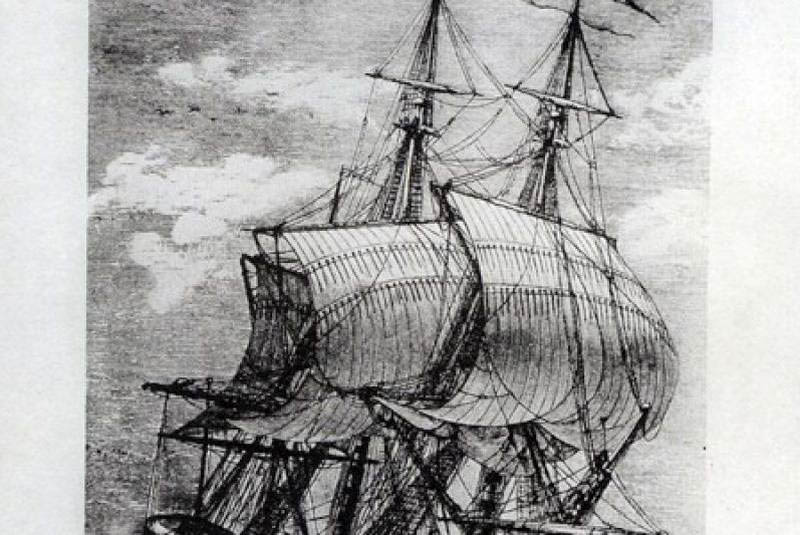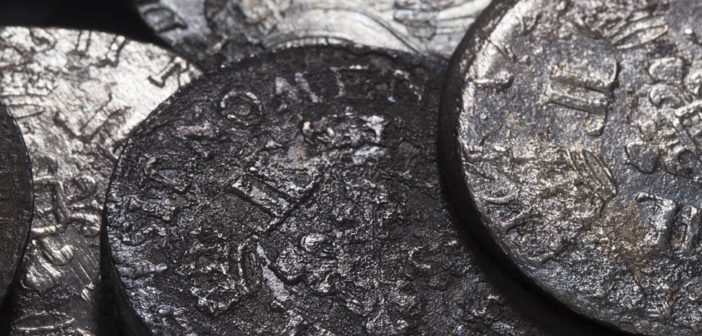European explorers visited Nova Scotia in the 16th and 17th centuries, which has always been a major destination/port for world shipping and home to about 10,000 shipwrecks. These thousands of shipwrecks are home to lost treasures and a pirate divers’ gold mine, hoping to make a fortune from their findings.
Underwater archeologists from around the globe would come to Nova Scotia to comb suspected shipwreck sites after being granted government-issued Treasure Trove licenses (acted in 1954). The Treasure Trove license was a cart blanche for underwater explorers to remove valuable stones and metals from the ocean floor. The act was North America’s only legislation of its kind. The Treasure Trove Act required license holders to report any treasures they found and give 10 percent of the treasures to the province of Nova Scotia. The minister reserved the right when paying a royalty to retain that treasure.

Nova Scotia divers struck a jackpot at Louisbourg in 1965 and recovered some $500,000 in gold coins and artifacts from Le Chameau, a French payship. Near the end of her last journey, on August 27, 1725, a storm blew her on some rocks and 316 lives were lost. The Atlantic Maritime Museum in Halifax displays the Chameau collection of gold and silver coins.
The Treasure Trove Act was evoked in 2010, but treasure hunting is still taking place with great fanfare on the south shore of Nova Scotia on Oak Island, the subject of a popular television show on the History channel, “The Curse of Oak Island.” The provincial act regulating that project — the Oak Island Act — was enacted after the repeal of the Treasure Trove Act to allow work to continue on the small island.
For those adventure seekers still trying to find “a pot of gold” in the sea, and claiming their newly found treasure for themselves, fines can be expensive. Under the act, anyone in violation can be fined up to $10,000, while a company can face up to a $100,000 in fines. The Nova Scotia province also has the authority to seize anything discovered during an excavation.
The Department of Natural Resources, has said individuals and groups will still be allowed to dive on wrecks, but only for archeological and historical purposes. Anything that is found becomes the property of Nova Scotia.









